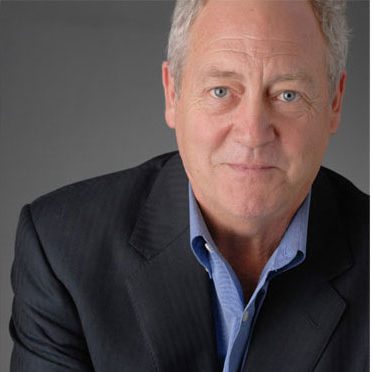What to do with drug waste?
Published: February 11, 2010
MAINE VOICES What to do with drug waste?
Flushing drugs away puts them in the water supply, while turn-in programs are expensive, so it’s best just to toss them in the trash.
EARLE RUGG and PATRICK MOORE : February 11, 2010
OGUNQUIT — While Americans are doing everything they can in these tough times to save money and reduce costs, environmental activists have been busy pushing an agenda that is likely to raise the cost of medical care.
In Maine, environmental activists are raising alarm over the presence of trace amounts of pharmaceuticals in the water supply, even though the medicines are found at extremely low levels.
In fact, the trace amounts are at such low levels that they are measured in parts per trillion – that’s roughly equivalent to one drop of water in 20 Olympic-sized swimming pools.
While nothing in the scientific literature suggests such low levels are in the least bit harmful, activists are still calling for elaborate and expensive drug take-back programs that will likely result in increased medical costs that the citizens of Maine can’t afford.
And such a program would have no added benefit to human health, the environment, or water quality.
Since Maine’s drinking water comes from lakes, rivers and reservoirs fed by watersheds that span states and national borders, it is imperative that the federal government identify appropriate solutions for assuring clean water.
In the absence of a federal initiative, states would be left to engage in costly duplicative research, or to build expensive solutions that fail to protect the health of their citizens, such as the drug take-back approach under discussion in Maine.
The Obama administration has pledged that clean water is a priority and it has taken steps to begin thoroughly studying residual compounds in water. This will help to better focus the nation’s resources to protect health and the environment.
So what’s the best way to safely dispose of medications and protect the environment without resorting to expensive take-back programs?
The pharmaceutical industry started research on the issue a decade ago by looking at all the ways disposed medication might enter into the environment through surface waters.
Because concern has been expressed over people flushing unused medicines down the toilet, the pharmaceuticals industry examined this issue.
It found that even when flushing is considered, the quantity of medication found in surface waters was only at trace levels – far below the level known to have an impact on human health.
Another disposal pathway they studied was consumers disposing of unused medication in household trash, where it would then be sent to municipal solid-waste landfills.
What they found is important:
The benefit of disposing of unused medicine in the regular household trash is that it can be held securely in landfills and virtually none of the medicine ends up in surface water.
The study found that if all unused medicines were disposed of in household trash – instead of being flushed down the toilet – the trace amounts of medicine being found in the environment would decline even further.
This means that even the trace amounts of medication found in surface water as a result of medication being flushed down the toilet can be eliminated by better educating the public to use the trash instead of the toilet for medication disposal.
In its simplest form, the findings point to some easy-to-remember do’s and don’ts:
Do: discard your unused medications in the municipal waste collection system. They will be processed safely under the current system, just as they should be.
Don’t: in most cases, flush unused medications down the toilet and into the sewer system. The FDA provides guidance on the extremely small number of medicines that should be flushed for patient safety reasons.
In these difficult economic times, the last thing Maine needs is complicated and expensive drug take-back programs that are likely to contribute to rising health care costs.
Instead, let’s keep things simple: throw your unused prescriptions in the trash and don’t flush them down the toilet.
The evidence clearly shows that disposing of waste pharmaceuticals in the household trash is a safe and effective means of disposal.
ABOUT THE AUTHORS
Earle Rugg, a resident of Ogunquit, is the chief marketing officer of Rural Health IT Corpo. Patrick Moore, Ph.D., is a co-founder and former leader of Greenpeace.


